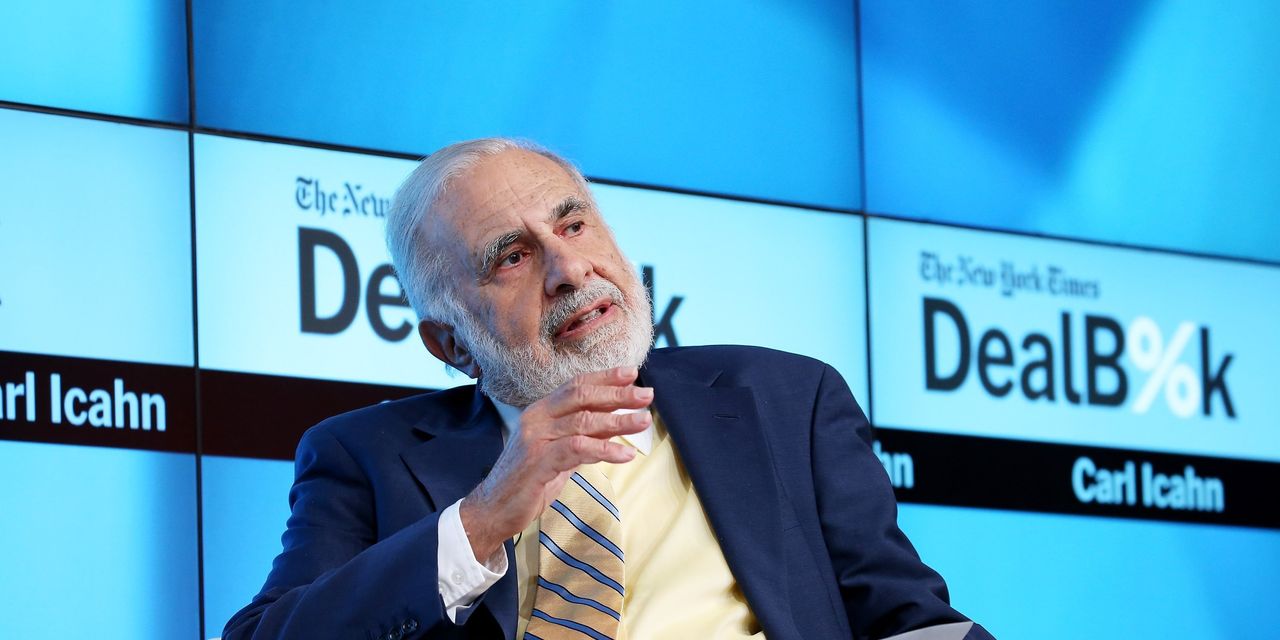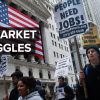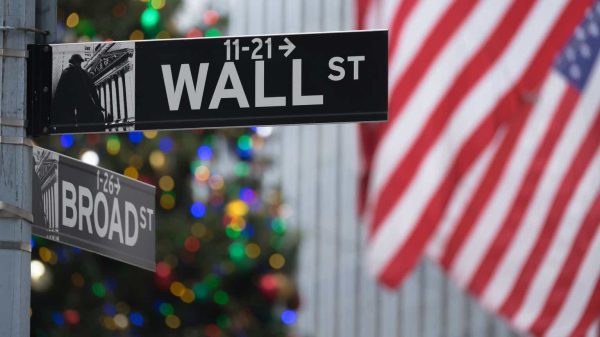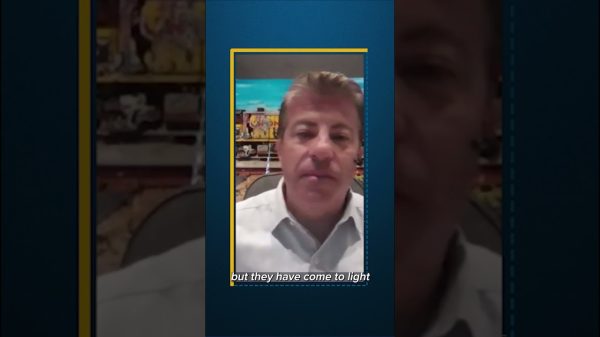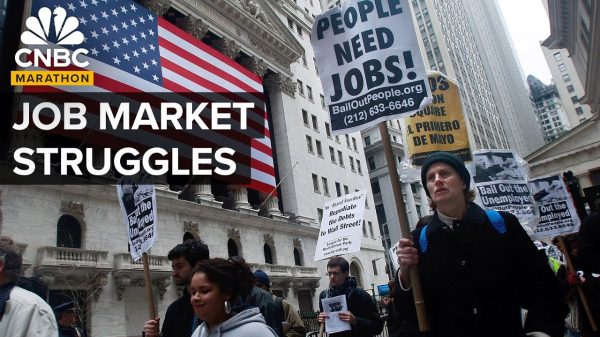“‘I’ve always told people there is nobody who can really pick the market on a short-term or an intermediate-term basis. Maybe I made the mistake of not adhering to my own advice in recent years.’”
That’s Carl Icahn, legendary activist investor and billionaire, admitting in a Financial Times interview that he was wrong when he made a massive bet that the stock market would crash.
In 2017, his bet lost about $1.8 billion on hedging positions, according to FT calculations, that would have made money if asset prices had fallen. The trade lost another $7 billion between 2018 and the first quarter of 2023, according to the paper.
Icahn’s investing arm Icahn Enterprises LP
IEP,
started to short the market after the 2008 financial crisis, and became more aggressive in subsequent years. The company used a strategy of shorting broad market indexes, individual companies, commercial mortgages and debt securities.
“You never get the perfect hedge, but if I kept the parameters I always believed in . . . I would have been fine,” he said. “But I didn’t.”
Instead, regulatory filings show that IEP lost $4.3 billion on short positions in 2020 and 2021 as the market rallied off the pandemic slump, buoyed by the Federal Reserve’s massive stimulus.
“I obviously believed the market was in for great trouble,” Icahn said. “[But] the Fed injected trillions of dollars into the market to fight COVID and the old saying is true: ‘Don’t fight the Fed.’”
Icahn also explained what exactly he did with margin loans he borrowed from IEP that were recently highlighted by short-seller Hindenburg Research in a stinging report.
Also read: What we know about Carl Icahn’s margin loan
The loans were disclosed in regulatory filings in early 2022, but few seemed to notice at the time.
The Hindenburg report accused the company of inflating asset values and quested whether a margin call would send the company into a spiral if the stock price were to fall.
IEP’s stock did fall after that report — at the cost of about $6 billion of market cap.
For more, see: Carl Icahn rebuts short seller Hindenburg Research’s report. It’s already cost his company $6 billion in market cap.
Icahn addressed the report on the day it was released and offered an update on IEP’s recent earnings, saying he was fully in compliance with loan terms.
He told the FT he had used the money borrowed from IEP to make additional investments outside of his publicly traded vehicle.
“Over the years I have made a great deal of money with money,” he said. “I like to have a war chest and doing that gave me more of a war chest,” he added, referring to the margin loan.
Earlier this month, IEP disclosed a federal probe into its corporate governance and other issues. It’s not clear if that was related to the Hindenburg report.
That same day, it posted earnings showing it swung to a loss in the first quarter from a profit a year ago, missing consensus estimates by a wide margin.
IEP shares have fallen 32% in the year to date, while the S&P 500
SPX,
has gained 9%.
Read the full article here



